So, my students write about math constantly. Not only do they do it for assessments, they do it for problem solving. When we problem solve in math class, true problem solving, I don't check work or answers. Students have to work like real mathematicians, solving the problem in multiple different ways, and checking their results. They then have "math conferences" where they circulate the room and compare strategies and results with their fellow mathematicians. They then have to make connections, just like we do in reading; problem to self, problem to problem, problem to world. Sometimes we even do First, Next, Then, Last books about the problem solving process. Sequencing doesn't only happen in language arts folks. This is how scientists and mathematicians do it, so this is how we do it!
Now, if you look at the few samples I have below you can clearly see the differences in understanding, even among the three who got the correct answer. With information like this I have a spot-on accurate assessment of their abilities. I will also know when someone gets an answer right on accident. I had a student explain that 4/5 was more than 3/4 because 4+5 was more than 3+4. Without that explanation this answer would have been counter productive for me as the teacher. I've also had students blow me away by creating algorithms that they had never been taught. One student, with a similar problem to the one below explained the 2-7 section of the problem as being a -5, which he subtracted from what he got in the rest of the algorithm. Holy cow! Now that's a kid with some number sense.
So if these kids now take a common core assessment, what is new for them? Certainly not explaining their thinking or providing evidence. This process of explaining your computation and reasoning is old hat for them. So I say to Common Core, bring it! My students first graders will be ready.
| | |
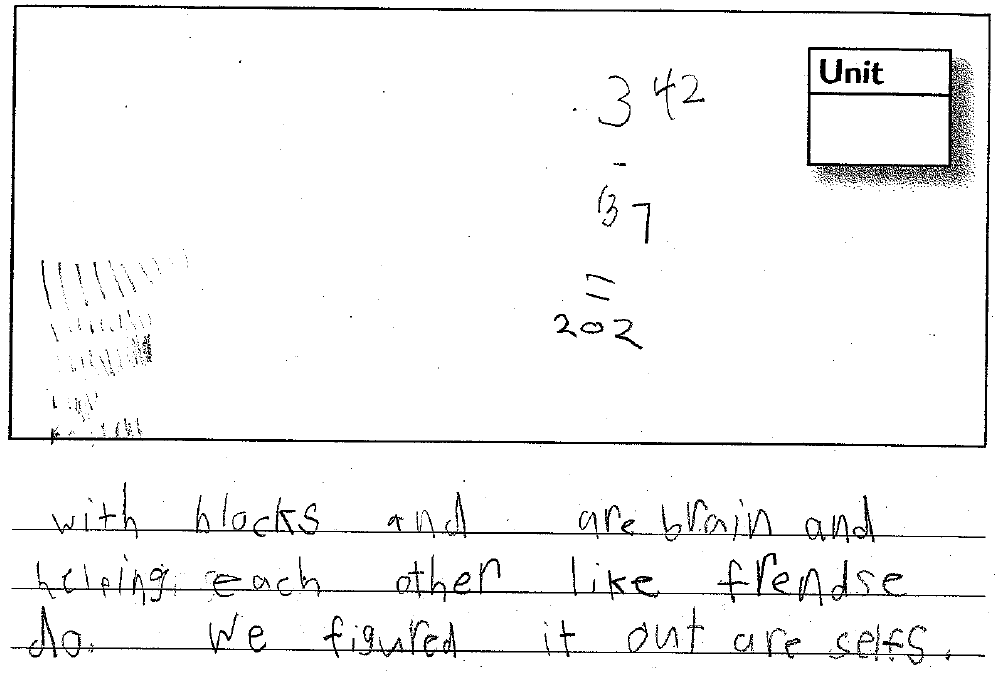
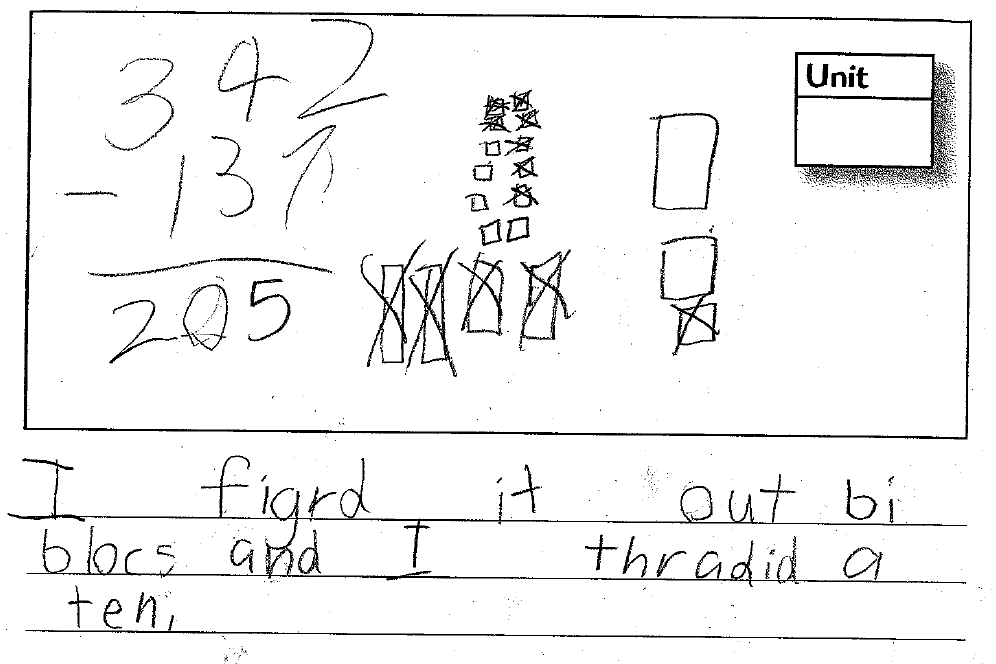
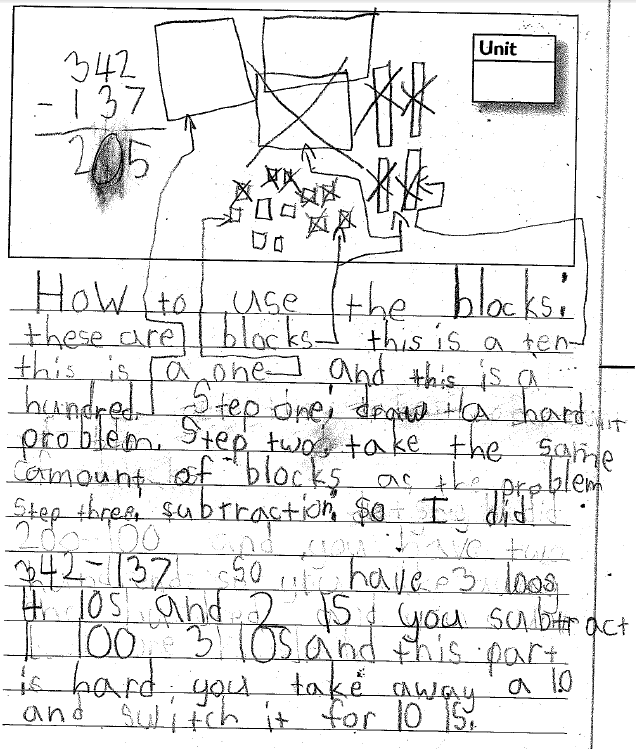
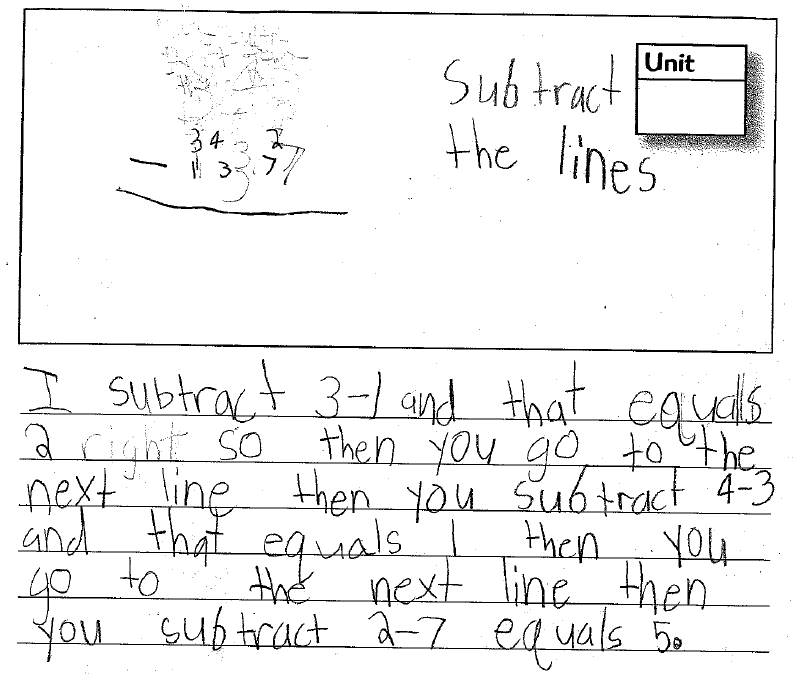
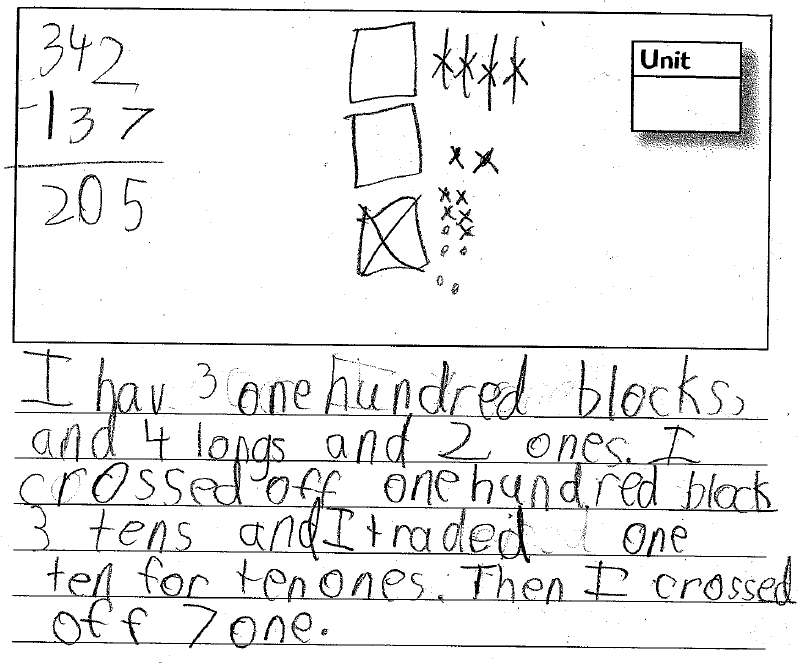
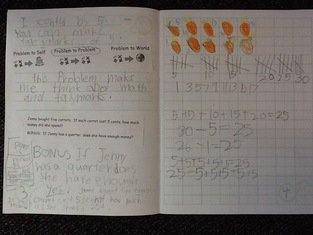
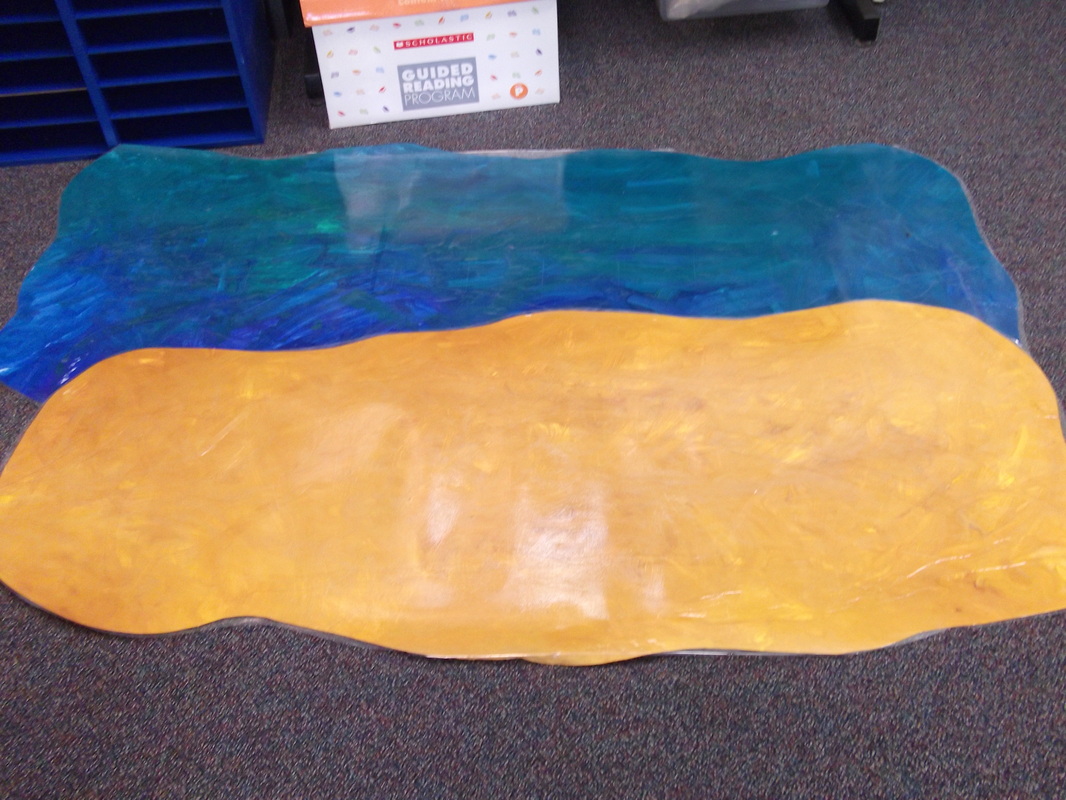
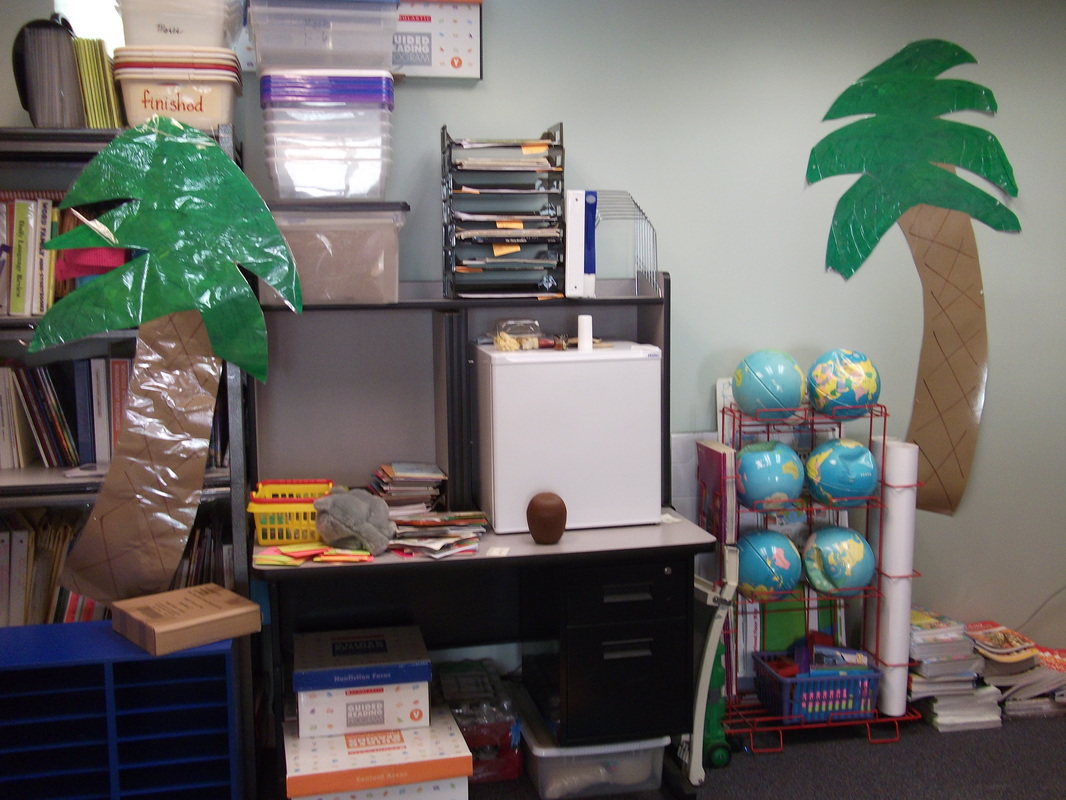
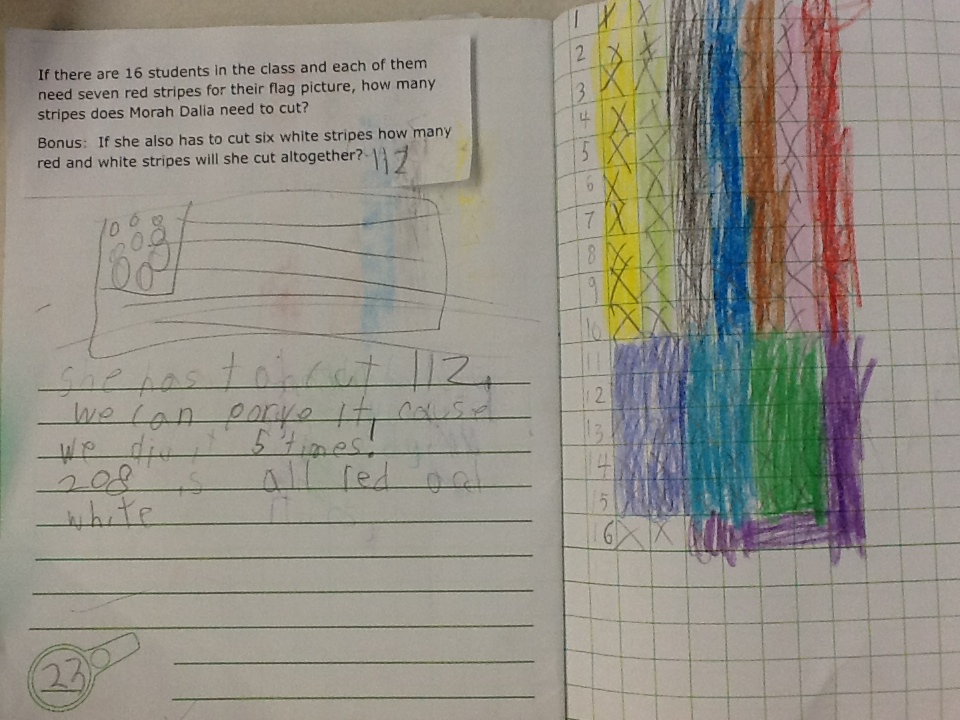
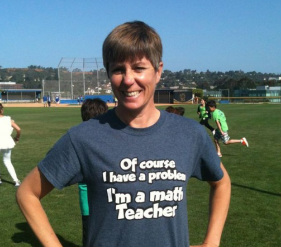
 RSS Feed
RSS Feed
